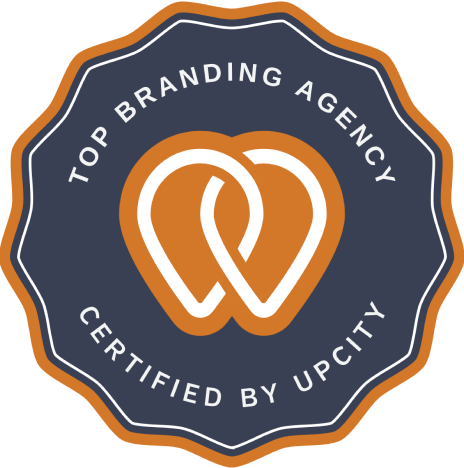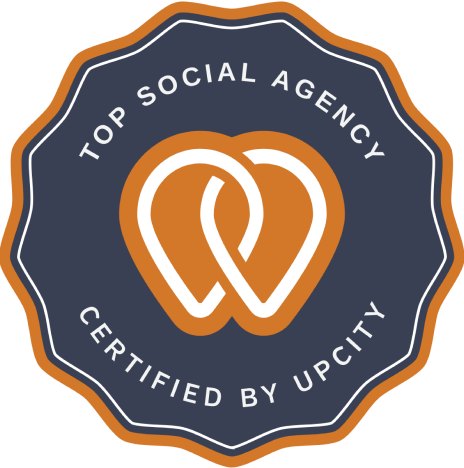Are you in the process of setting up a new website? If so, there are a few things you need to do to optimize and prepare your new site for searchability and user experience. This blog post will discuss seven tips that will help make your website setup process easier and more successful. Follow these tips, and you’ll be on your way to having a website that users can easily discover online.
Look at Your Existing Website
You can learn so much from your existing website if you have one! The first step is to assess what worked and what didn’t. If you weren’t hitting your ROI or business goals from your existing site, there will be numerous ways you can improve the customer journey experience for your new site.
Google Analytics and other website insights tools can help you understand the data behind why your website is performing the way it is. We would also recommend having a website audit run for your site. The audit will give you insights into your website’s current on-page and off-page SEO, load speed, links, usability, performance, social presence, and more. Additionally, research your brand online as a prospective client – what does your brand’s presence online look like?
7 Ways to Optimize Your New Site
1. Domain
Your domain name is your URL – it’s how people find you online. It’s also a reflection of your brand, so make it easy to spell and avoid hyphens or numbers when establishing your domain. Keep your domain name short and memorable, and consider your target audience when creating it for your business. If the domain name is available on social media platforms, you’ll have the advantage of keeping your brand consistent across all digital channels.
2. Website Hosting Provider
Your hosting provider gives the foundation of your website – it’s what keeps your site up and running. When choosing a hosting provider, consider price, features, security, scalability, and uptime guarantee. Also, be sure to read reviews of potential hosting providers before making your final decision. Need help? We can help you find a hosting provider and remove the stresses of hosting your website. Contact us!
3. Customer Journey
Always take into consideration your customer journey when creating your new site. How can you make the user experience as seamless and enjoyable as possible? Each page of your website should have a goal/purpose, and every element on the page should be there for a reason. Creating a map of your customer journey will ensure that your website is designed with your user in mind.
4. Keyword Research
Keyword research is finding words and phrases that potential customers are using to search for businesses like yours online. Once you have a list of keywords, you’ll want to integrate them throughout your website – in your titles, meta descriptions, header tags, slugs, alt-tags, blog posts, etc., to make your site more discoverable by search engines.
5. Sitemap + URL Structure
Your sitemap is a list of all the pages on your website. Creating a sitemap helps search engines index your site more effectively and can improve your SEO. Your URL structure is how those pages are organized – it’s the website’s hierarchy. When creating your sitemap and URL structure, you’ll want to keep things simple and easy to understand. That means using descriptive, keyword-rich URLs that are organized logically.
6. Accessibility
Making your website accessible across all platforms and to everyone is essential. That includes those who may use assistive technologies to access your site. When creating your new website, keep accessibility in mind and design accordingly.
There are many factors to consider when making a website accessible, but some things you can do include using alt-tags for images or adding transcripts for audio/video content. Adding an accessibility plugin, like Userway, is a great way to make your site user-friendly for everyone.
7. Push Content Promoting Your Site!
Your website is live, but that doesn’t mean your job is done. To draw traffic to your site, you need to promote your new website! The best way to do so? With authentic, relatable content. From having a great SEO strategy to improving your search engine ranking to paid advertising, social media, or email marketing. Your content strategy should raise brand awareness to drive people to your website and hit your business goals!
If you follow these tips, you’ll be able to set up an optimized website for both search engines and users. Need help? Our team of experts can help you with all aspects of website user experience, development, and content, from researching keywords to setting up Google Analytics. Contact us for a free consultation today!






